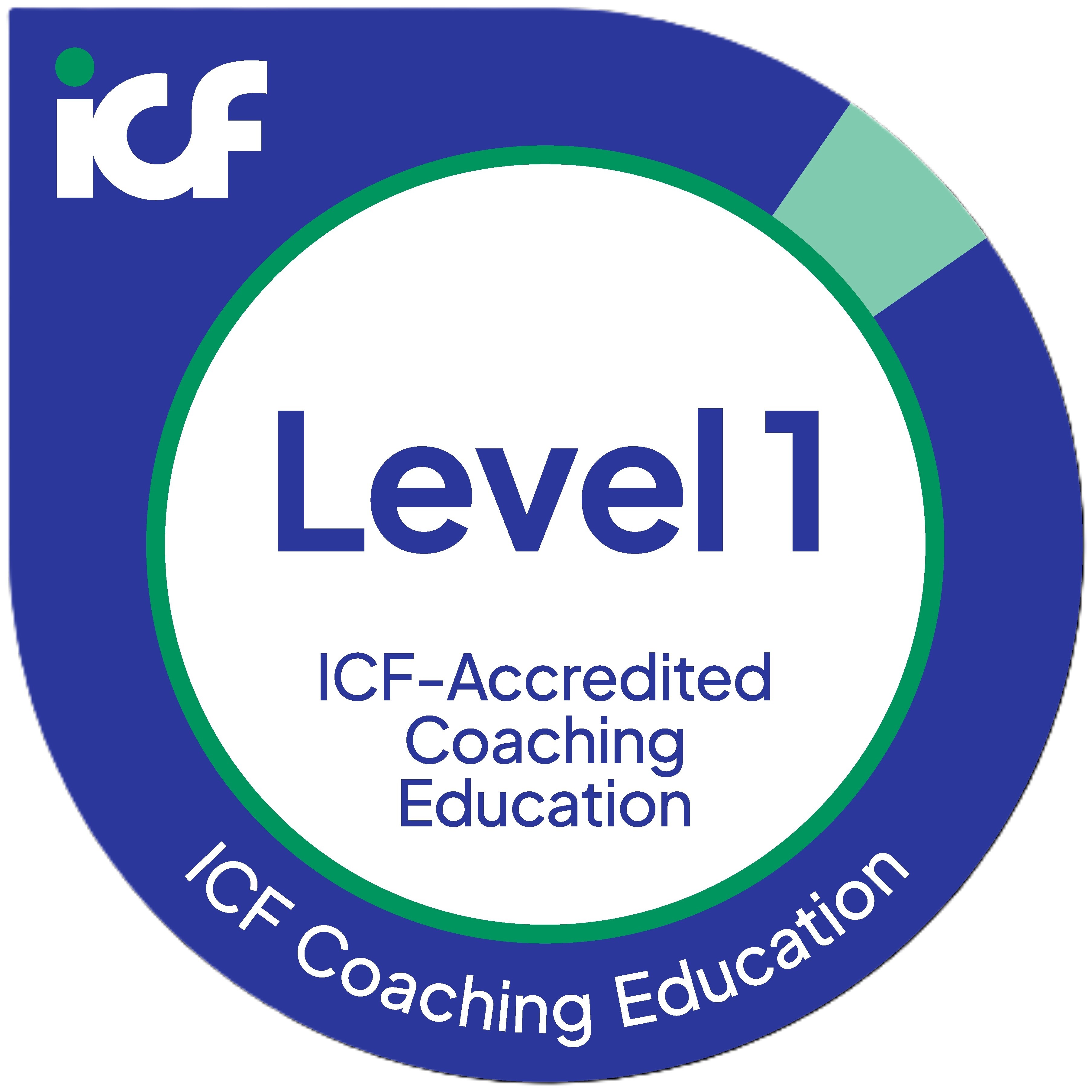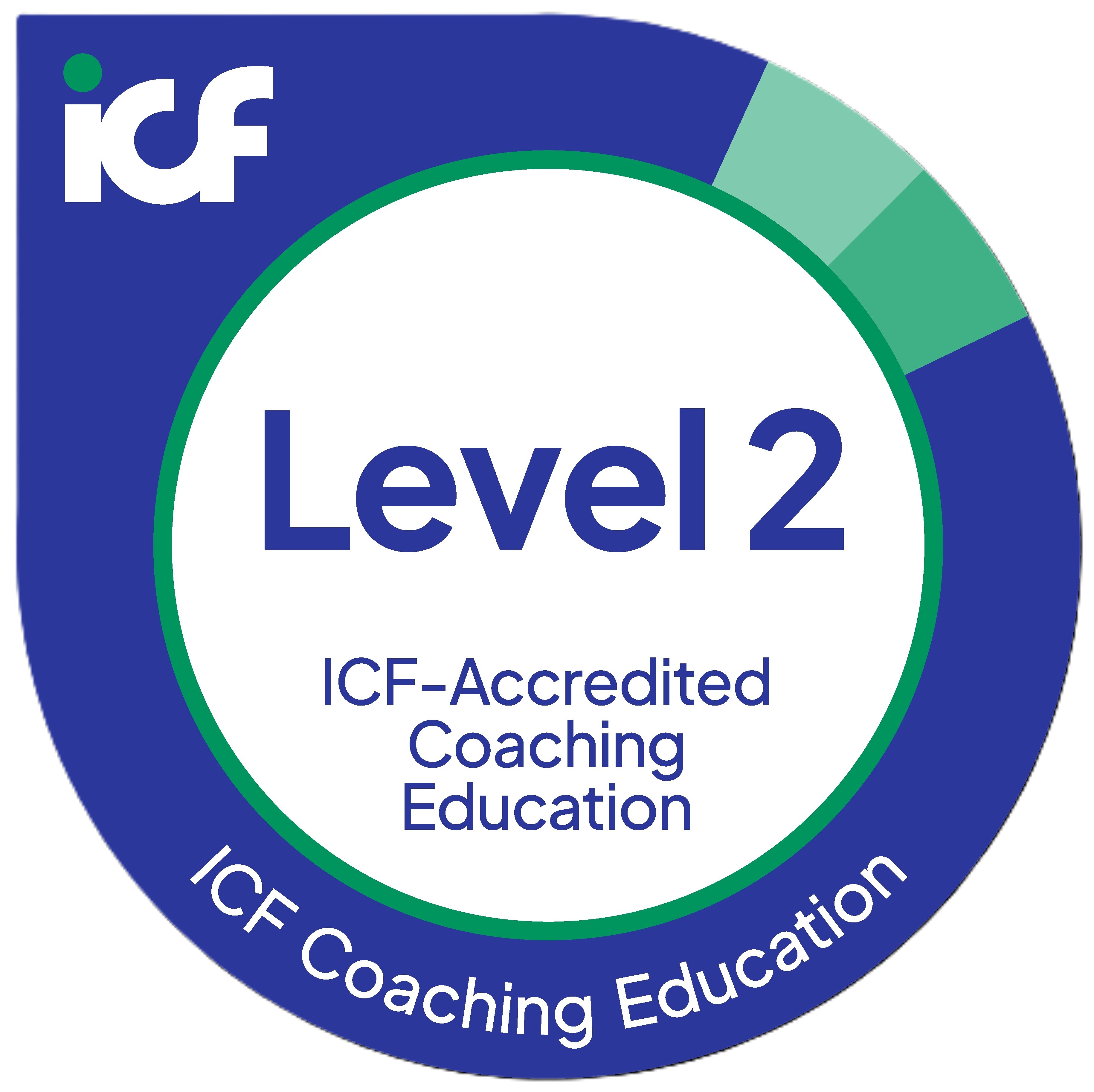
Coaching Millennials through Their Quarter-Life Crisis
By: Ran Zilca, BCC
Millennials are often misunderstood. They face new challenges that are unfamiliar to older generations, and expect to transform their lives in novel, more structured ways. This is how coaching can help them.
Generation Y-ers or “millennials” differ from young individuals of previous generations in multiple ways. Firstly, these young women and men, typically in their late 20s or early 30s today, live in a connected, digital world that did not exist for previous generations. Life is more convenient for them: they can order products form Amazon and have them delivered directly to their homes, pay all their bills online, find dates online, keep in touch with their college and high school buddies, and socialize online. Yet being constantly buffered from the real-world by a screen has its perils: a dramatic decrease in social interactions, fewer meaningful conversations, less social support, and fewer group activities. Millennials are increasingly becoming socially-isolated and need to make special efforts just to “hang out”.
 Secondly, as young professionals, millennials enter the workforce with a much higher level of debt than their older peers. The cost of higher education jumped more than 13-fold since 1978. In comparison, the cost of food rose less than 4-fold in the same time period [1]. Starting their first job out of college with a hefty balance of tuition loans, means that the first job must be the perfect job, with a pay that both covers the debt and allows to start a new, adult life, and with the benefits that cover the rising costs of healthcare and allow to start saving for retirement.
Secondly, as young professionals, millennials enter the workforce with a much higher level of debt than their older peers. The cost of higher education jumped more than 13-fold since 1978. In comparison, the cost of food rose less than 4-fold in the same time period [1]. Starting their first job out of college with a hefty balance of tuition loans, means that the first job must be the perfect job, with a pay that both covers the debt and allows to start a new, adult life, and with the benefits that cover the rising costs of healthcare and allow to start saving for retirement.
This new economic reality motivates many millennials to get their financial situation in order before starting a family - a shift in priorities that often results in a gap of several years between “joining adulthood” and becoming a parent. An increasing number of American women now wait until their late 30s before having the first child, where the median age in the 70s used to be 21 [2]. This newly-formed gap results in a new life-transition that did not exist before, and a characteristic crisis called “The Quarter-Life Crisis” [3][4][5]. It’s a transition to adulthood that it not accompanied by marriage and children, and is characterized by the stress of having to recover from debt and the burden of competing with other young professionals and create a long term career. For many it is also a time for questioning decisions: did I pick the right job? Is this where I want to live? Is this daily routine the adult life that I had wished for?
For coaches, this presents an interesting opportunity for two reasons:
- Life-Coaching is effective at addressing situations where an individual feels stuck, but is motivated to change, and has specific goals in mind.
- Coaching is effective at helping clients find meaningful goals by expending the range of thinking about new possibilities. This is exactly what the quarter-life crisis is about [6].
At the same time, coaches who work with millennials should recognize the vast difference between the midlife and quarter-life transitions. While mid-lifers often seek overarching principles for life and guidance that is “top-down”, generation-Y-ers are looking for practical, step-by-step, “bottom-up” processes. They seek a structured paths they can follow to identify new goals, vet them, and pursue them, the same way they follow practical and structured programs for physical fitness or to acquire new skills at work. The quarter-life crisis is often viewed as an optimization problem: a mix of the right mental nutrients along with the appropriate exercise to reach your goals of mental muscle mass.
When I was going through my own personal transformation (albeit at an older age), I formed such a structured, step-by-step process, while designing the first self-coaching and positive psychology mobile apps [7][8]. In my TEDx talk [9] I describe how I followed this process, and as a result got a motorcycle license, rode from New York to California, published my first book, became a certified life-coach, moved with my family to a different continent, sold my company, and reunited my high school band.
ILCT’s Meaningful Goal Pursuit self-directed course (10 CE credits) describes this step-by-step process in detail, along with the motivation science and positive psychology interventions it uses. It also includes exclusive video content I shot while I was on the road from the Atlantic to the Pacific, of my meetings with Deepak Chopra, Dr. Phil Zimbardo, and several other scientists and coaches. Perhaps most importantly, as you learn you also follow the process yourself, and may discover some surprising new goals.
More details here:
[1] http://www.bloomberg.com/news/articles/2014-08-18/college-tuition-costs-soar-chart-of-the-day
[2] http://blogs.wsj.com/economics/2014/05/09/for-more-american-moms-kids-are-a-late-30s-thing/
[3] http://rideofyourlife.com/2015/04/putting-the-happiness-back-in-young-and-happy/
[4] http://greatist.com/connect/twentysomething-advice
[5] https://hbr.org/2016/03/why-your-late-twenties-is-the-worst-time-of-your-life
[6] http://greatist.com/happiness/why-everyone-needs-a-life-coach
[7] http://newsroom.ucr.edu/2139
[8] http://www.pitchengine.com/pitches/abc0cf94-41c5-4bff-a07f-9da808a16e77




